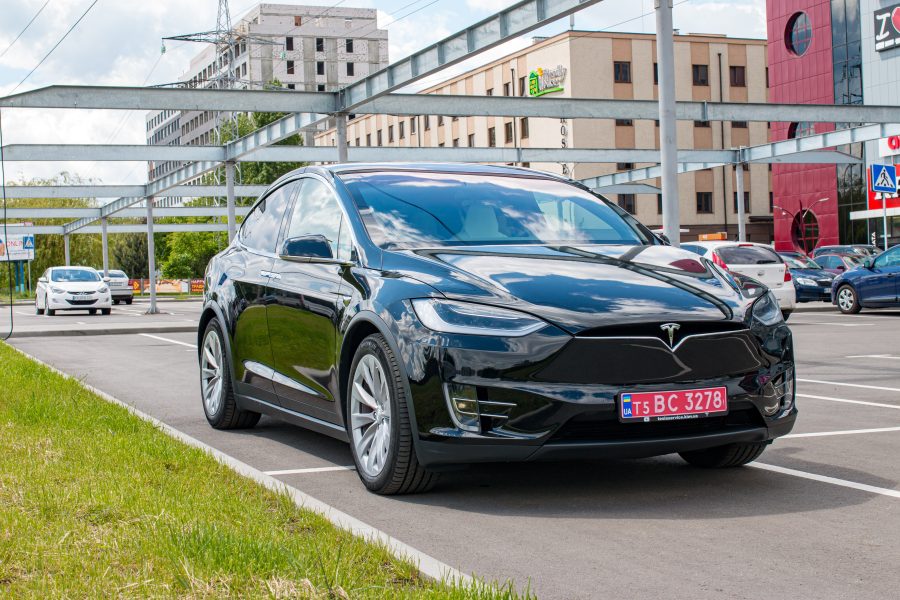The automotive industry has witnessed remarkable technological advancements in recent years, transforming the way we perceive and interact with cars. From electrification to autonomous driving and connectivity, these breakthroughs have not only enhanced the driving experience but also paved the way for a greener and safer future. In this article, we will explore some of the most significant technological advances that are reshaping the automotive landscape.
Electrification: Driving Towards Sustainability

The rise of electric vehicles (EVs) has been one of the most prominent technological shifts in the automotive industry. With concerns about climate change and depleting fossil fuels, EVs have gained popularity due to their zero-emission nature. Technological advancements in battery technology have led to increased driving ranges and faster charging times, addressing one of the key concerns of potential buyers. Additionally, the development of robust charging infrastructure is making EVs more accessible and convenient for users worldwide.
Autonomous Driving: Redefining the Concept of Mobility
Autonomous driving technology has emerged as a game-changer in the automotive industry. From advanced driver-assistance systems (ADAS) to fully autonomous vehicles, progress in this field is reshaping the concept of mobility. Through a combination of sensors, cameras, and artificial intelligence, self-driving cars can detect and analyze their surroundings, making real-time decisions to navigate the roads safely. Autonomous vehicles have the potential to significantly reduce accidents caused by human error, optimize traffic flow, and enhance transportation accessibility for individuals with limited mobility.
Connectivity: Cars as Integrated Smart Devices
The integration of cars with advanced connectivity features has transformed them into intelligent, connected devices. The emergence of the Internet of Things (IoT) has enabled cars to communicate with each other and with infrastructure, creating a seamless ecosystem. With the advent of 5G technology, cars can now access high-speed internet connections, enabling a wide range of features such as real-time navigation updates, streaming media, and remote vehicle diagnostics. Connectivity also enables over-the-air software updates, ensuring that cars stay up to date with the latest features and improvements.
Safety and Driver-Assistance Systems
Technological advances have also greatly improved safety in automobiles. Advanced driver-assistance systems (ADAS) utilize sensors and cameras to detect potential hazards and assist drivers in avoiding accidents. Features such as automatic emergency braking, lane-keeping assist, and adaptive cruise control enhance driver safety and help reduce the risk of collisions. Furthermore, advancements in vehicle-to-vehicle (V2V) and vehicle-to-infrastructure (V2I) communication systems enable cars to share critical information, such as traffic conditions and upcoming road hazards, enhancing overall safety on the roads.
Artificial Intelligence and Machine Learning
Artificial intelligence (AI) and machine learning are playing a significant role in the development of next-generation cars. AI algorithms are used to process vast amounts of data collected by sensors and cameras, enabling cars to make intelligent decisions in real-time. Machine learning algorithms analyze patterns and learn from driving data to improve performance and enhance safety. AI also powers voice-activated assistants and natural language processing systems in modern vehicles, allowing drivers to interact with their cars in a more intuitive and seamless manner.
Conclusion
Technological advances in the automotive industry are revolutionizing the way we drive and interact with cars. Electrification, autonomous driving, connectivity, safety systems, and AI are reshaping the automotive landscape, making vehicles more sustainable, safer, and intelligent. As these technologies continue to evolve, we can expect a future where cars are fully electric, self-driving, and seamlessly connected, offering an enhanced and personalized driving experience while contributing to a greener and safer world.


